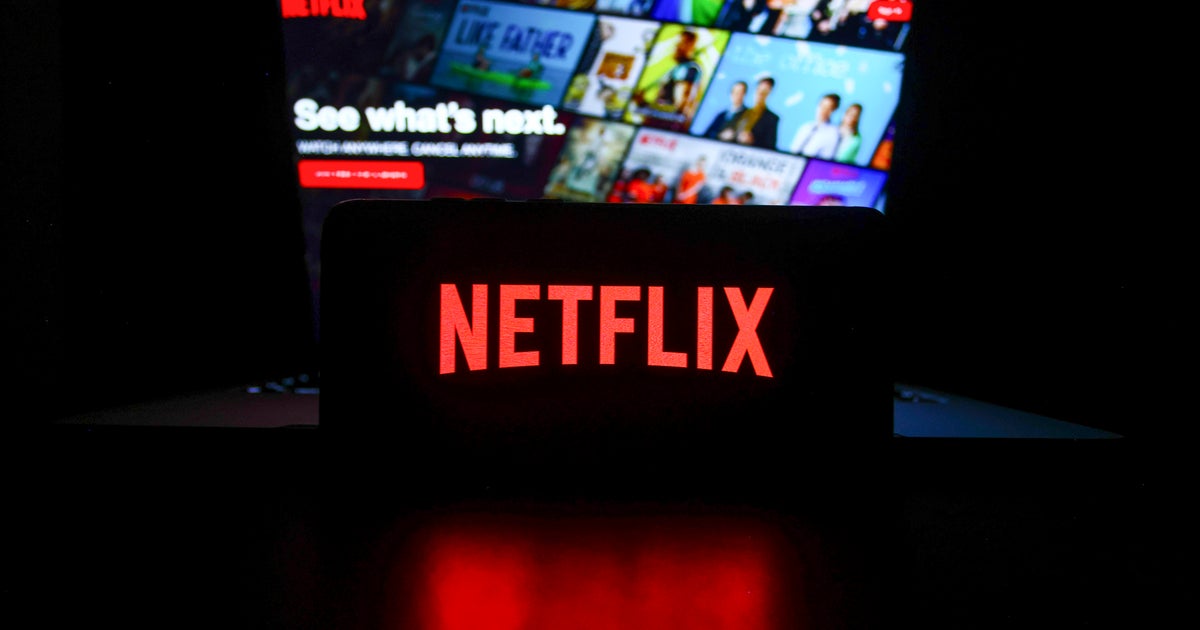Americans are losing interest in at-home DNA ancestry testing
Millions of Americans have purchased DNA kits over the past decade, drawn by the idea of delving into their lineage. But what once seemed like the start of a new industry based on powerful, and increasingly affordable, genetic testing technology is suddenly looking like a blast from the past.
In a blog post this week, Ancestry.com CEO Margo Georgiadis cited a "slowdown in consumer demand across the entire DNA category" over the last 18 months. The company also announced that it was laying off 6% of its workers.
"The DNA market is at an inflection point now that most early adopters have entered the category," she wrote. "Future growth will require a continued focus on building consumer trust and innovative new offerings that deliver even greater value to people."
Launched more than 30 years ago as a way for people to research their family history, Ancestry later added DNA testing so consumers could explore their genetic roots geographically. It announced a new health-focused genetic testing service in October.
Ancestry's layoffs came just weeks after rival DNA testing company 23andMe slashed about 100 positions, or 14%, of its workforce. A spokesperson told CBS MoneyWatch in an email that the move came as 23andMe narrows its focus to its "consumer and therapeutics businesses."
Further evidence of the slowdown for DNA testing came in late 2019, when Veritas Genetics — the first company to map a person's DNA for less than $1,000 — suspended it U.S. operations. The company cited an "unexpected adverse financing situation" as the reason for the move. The company said in a tweet last month that it working to reopen the business. It did not respond to a request for further comment.
The cost-cutting points to shrinking consumer demand for for DNA kits, which experts attribute to a saturated market and, increasingly, privacy concerns.
The latter was highlighted in a recent warning to military employees not to take mail-in DNA tests. The Pentagon in December warned the tests could create security risks and hurt the careers of service members.
"We can conclude the slowdown in DNA testing is responsible for at least the majority of layoffs, as Illumina and everybody else is reporting testing is down," genealogist Blaine Bettinger said. "The growth rate in 2017 and 2018 was huge, and probably not sustainable," he added.
llumina signaled the market for DNA kits was shrinking during a conference call with investors over the summer. The maker of genetic-sequencing technologies cited "weakness" in the direct-to-consumer genetics market in saying it was adapting a "cautious view" of the market for ancestry and health tests. It counts 23andMe among its customers.
Privacy has also been front and center as consumers fret about the data compiled by Facebook, Google and other technology giants. The worries slammed the genetics world in particular after a suspect in the Golden State Killer case was arrested in 2018 based on a genetics match with a family relative. That led to questions about whether individuals can be located and convicted of crimes based on distant relatives' DNA.
High-profile cases where DNA from testing is used to identify a criminal suspect may give consumers pause, and "may make people realize DNA testing is not just for entertainment," Bettinger said. Still, "As genealogists we want as many people in the database as possible, as it helps our research and makes discoveries possible."
Ancestry and other testing companies tell their customers their information will not be used used unless they explicitly opt in to databases used by genealogical researchers. At 23andMe, 80% do opt in for scientific research, so that's 8 million of 10 million users.
According to Bettinger: "Testing companies understand if there's ever a breach or use that wasn't authorized, say goodbye to their business."
Pricing could also be a factor, given that you need a subscription to Ancestry's database of more than 15 million samples.
"The marketing that you're going to find out that your 20% Irish is only appealing for so long," genealogist Rich Venezia told CBS MoneyWatch. "A kit is just $60 but it's another $400 for a year. I use Ancestry every day, so $400 a year is a business necessity for me, but for hobby genealogists who want to do research for their dad for Christmas, it becomes much more expensive."
Separately, Venezia is among those lobbying against proposed fee increases by a federal agency, the U.S. Citizenship and Immigration Services (USCIS), to retrieve older citizenship information, visa applications and other records for deceased relatives.
The cost of getting a single paper file stands at $130, but would surge as much as 380%, to $625, under the proposal involving a USCIS program that lets family members, genealogists and others obtain information about ancestors who came to the U.S. between the late 19th and mid-20th centuries.
The USCIS extended its comment period until next week, with Senator Mitt Romney, a Republican from Utah, among those who've questioned the proposed increase.



